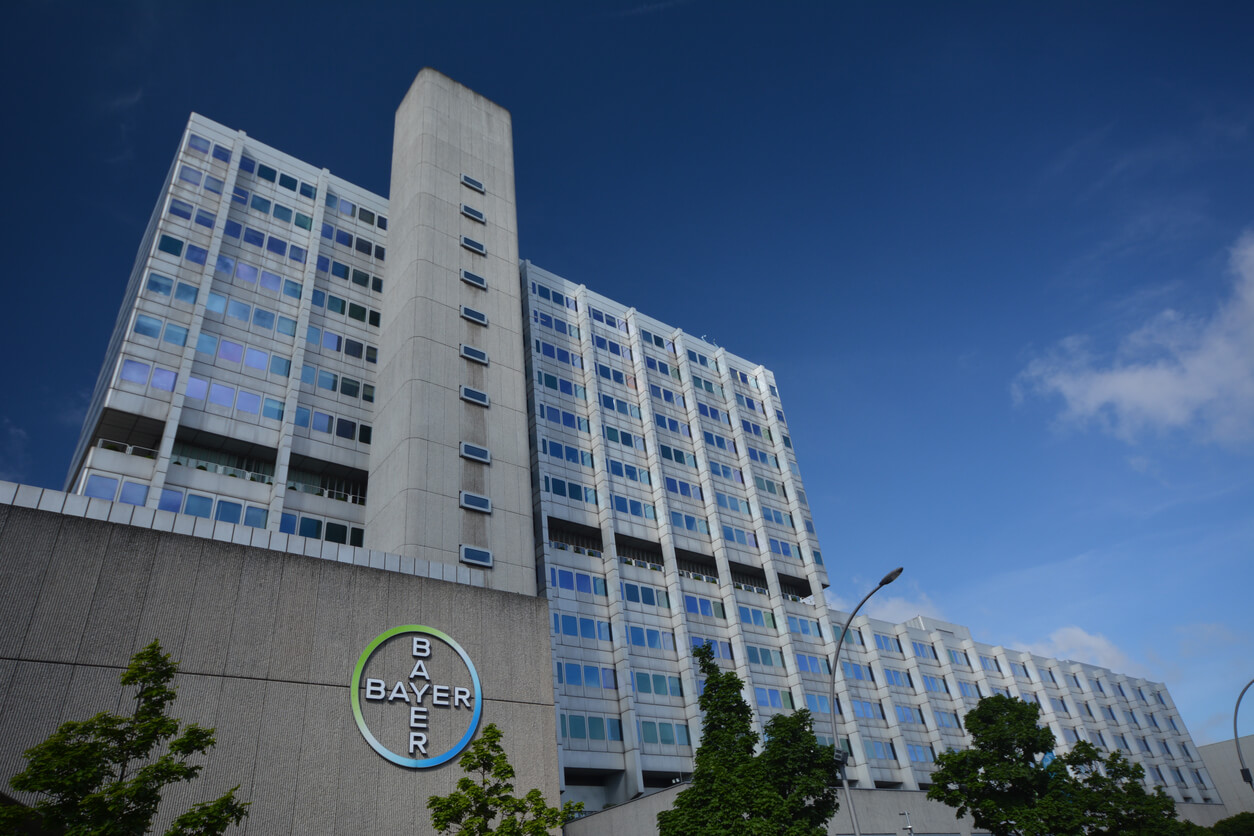Court Blocks Bayer Bid to Duck Roundup Liability
Editors carefully fact-check all Drugwatch.com content for accuracy and quality.
Drugwatch.com has a stringent fact-checking process. It starts with our strict sourcing guidelines.
We only gather information from credible sources. This includes peer-reviewed medical journals, reputable media outlets, government reports, court records and interviews with qualified experts.

Roundup herbicide maker Bayer faces a significant setback after a federal appeals court upheld a lawsuit filed by a Georgia doctor who claims the product caused his cancer. The decision effectively blocks Bayer’s attempt to shield itself from liability in more than 4,000 Roundup lawsuits in a federal multidistrict litigation in California and state courts nationwide.
“The company is considering its legal options in this case and will continue to seek a ruling by the U.S. Supreme Court on federal preemption, which is a cross-cutting issue in this litigation,” Bayer said in a statement.
The decision also adds to the mounting legal challenges Bayer is confronting as those lawsuits come to court, driving economic pressures from stockholders over declining stock prices.
Bayer Being Backed Into a Corner By Roundup Lawsuits
The appeals court threw out Bayer’s argument that federal pesticide approval shields the company from state lawsuits over the company’s failure to warn users about Roundup-associated cancer risks.
While the federal government does not require a cancer warning on Roundup labels, some states do. The idea of “federal preemption” is at the heart of a five-point strategy to manage and mitigate the financial risk Bayer faces from Roundup lawsuits.
Outside one more appeal, currently in the 3rd Circuit, Bayer’s last line of defense in its five-point plan against billions in liability is winning a further appeal before the Supreme Court.
“A favorable ruling by the U.S. Supreme Court on the federal preemption question could largely end the Roundup™ litigation. The main question here is whether state-based failure-to-warn claims are preempted by federal law, since the EPA concluded glyphosate does not cause cancer and approved the Roundup™ label without a warning,” Bayer says on its website.
Bayer, which insists on Roundup’s safety despite settling more than 50,000 similar lawsuits for up to $10.9 billion, faced a setback as the court’s decision allowed the Georgia doctor’s case to proceed. This ruling holds broader implications for companies like Bayer, as it could influence future regulatory and legal frameworks concerning consumer safety and corporate accountability.
In December 2024, Bayer lost its most recent Roundup lawsuit when a Philadelphia jury awarded a $2.25 billion verdict to a Pennsylvania man who convinced the court Roundup caused his non-Hodgkin’s lymphoma. The case demonstrates the steep financial stakes Bayer faces as it tries to stop more litigation.
Economic Pressures Mount Against Bayer as Stock Prices Decline
The appellate court decision makes it harder for Bayer to overcome thousands of outstanding lawsuits that complicate efforts to turn the company around. Bayer’s shares fell as much as 1.7% in early trading the day after the court ruling, bringing their decline over the past 12 months to 52%, according to Bloomberg.
This ruling comes amid ongoing legal battles for Bayer, which acquired Roundup as part of its acquisition of Monsanto in 2018. While Bayer has won some trials over Roundup, it has also faced substantial financial losses from jury verdicts in cases where plaintiffs have alleged that Roundup caused cancer.
Overall, the court’s ruling represents a setback for Bayer and a victory for individuals seeking accountability for alleged harms caused by Roundup. As the legal battle continues, the outcome of these cases will shape the landscape of product liability and consumer protection laws in the United States.